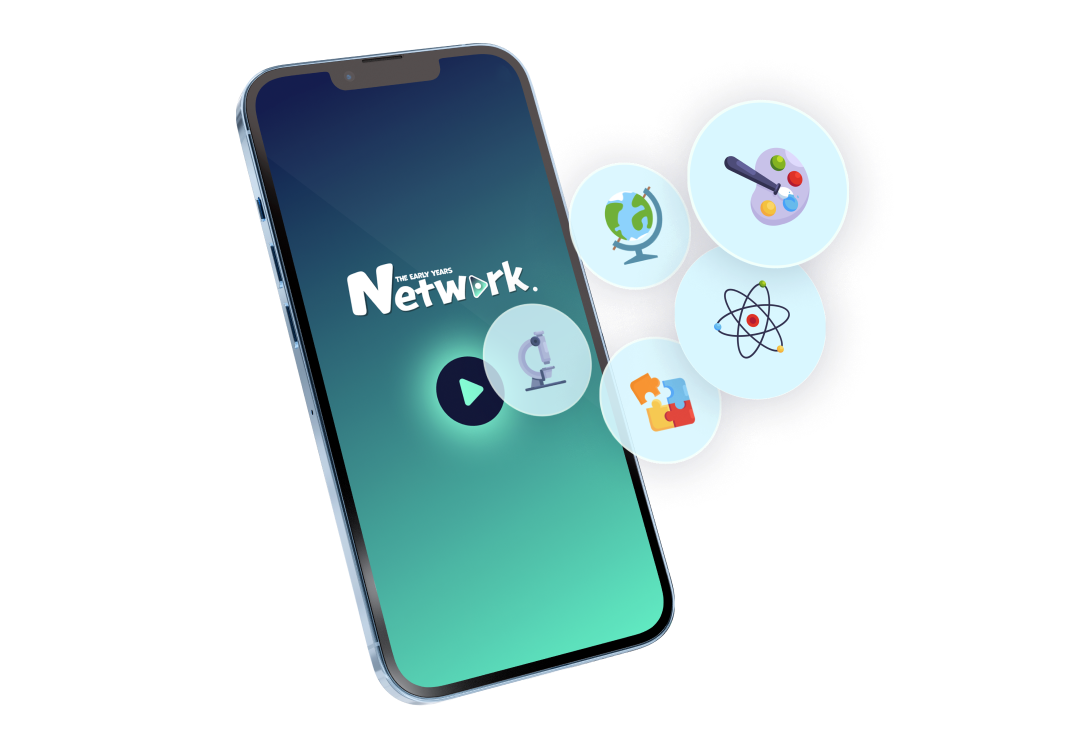
Early Years Education Foundations
- Pedagogy & Theory
- Ben Jones
- 1.5 Hours
Sign up to start watching
- Pedagogy & Theory
- Ben Jones
- 1.5 Hours





